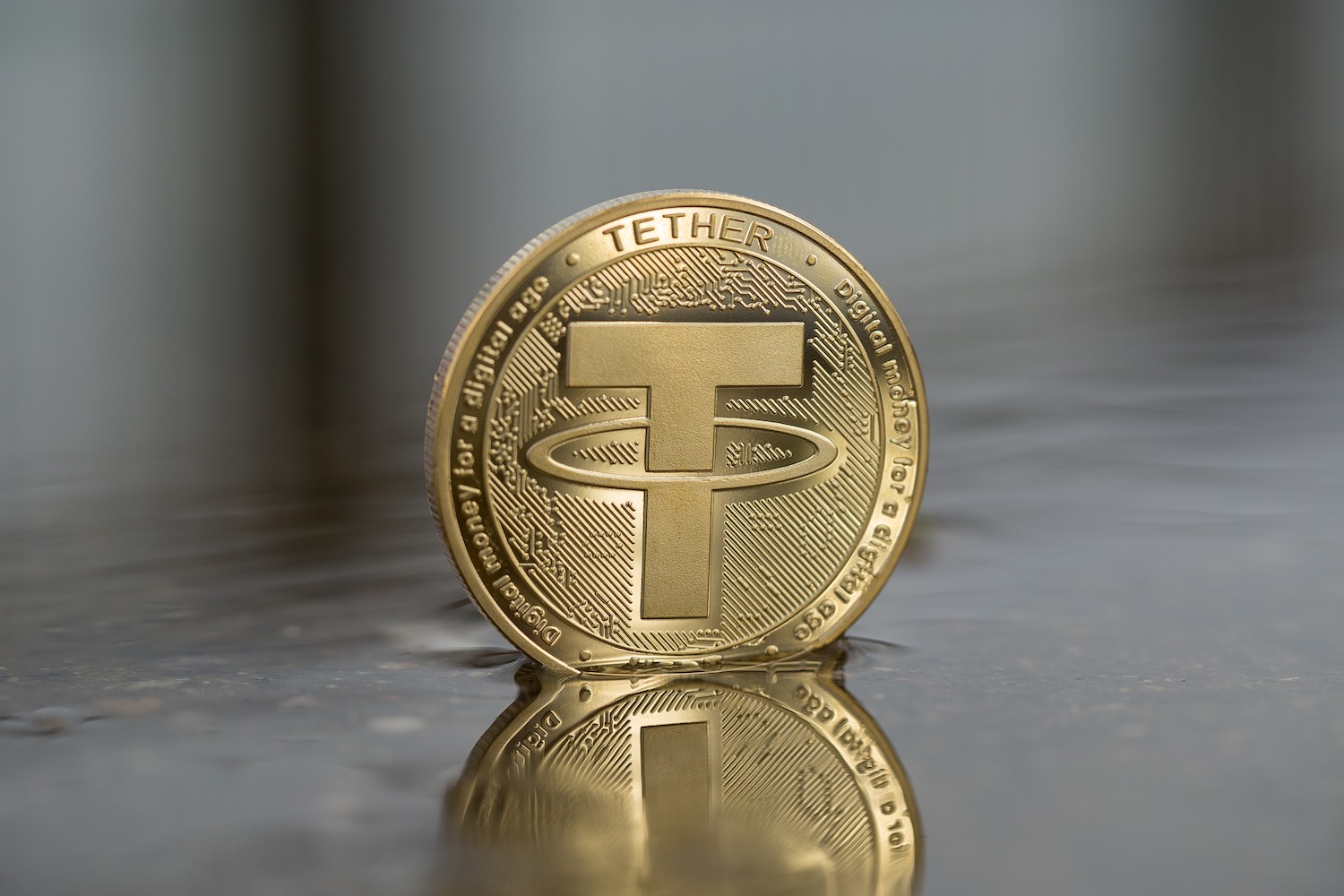Tether Dominates Crypto Fee Revenue with $122M in a Week
12.01.2025 16:00 1 min. read Alexander Stefanov
The cryptocurrency market has seen significant fee-based revenue generation this week, with Tether emerging as the top performer.
Over the past seven days, Tether brought in $122.78 million, reflecting its dominance as a critical player in crypto transactions. Supporting 11 networks, including Ethereum, Solana, and Tron, Tether remains essential for seamless cross-chain transfers.
Stablecoins continue to lead the revenue race, with Circle generating $33.33 million, highlighting the growing reliance on digital dollars for payments. Layer-1 blockchains are also thriving, with Solana outpacing Ethereum by earning $35.06 million in weekly fees compared to Ethereum’s $30.33 million. These numbers underscore Solana’s active user base and high transaction volumes.
Liquid staking is another booming sector, with Jito earning $43.42 million, surpassing Lido’s $20.78 million. This trend reflects increasing demand for yield-generating options that maintain liquidity.
Decentralized finance (DeFi) protocols also performed well, particularly decentralized exchanges. Raydium led with $43.36 million in weekly fees, followed by Uniswap at $31.97 million. In contrast, lending protocols like Aave, which earned $15.32 million, trailed behind, as trading activity currently overshadows borrowing and lending.
This week’s data highlights a market increasingly driven by transaction fees and real utility, showcasing the shifting dynamics of crypto adoption and usage.
-
1
Tether’s Hypothetical IPO Could Value It Above Coca-Cola, CEO Suggests
10.06.2025 11:00 1 min. read -
2
UK Regulators Unveil PISCES – A New Era for Private Share Trading
11.06.2025 15:00 2 min. read -
3
Trump Turns 79 With Billions in Crypto and a $45M Parade
14.06.2025 22:00 2 min. read -
4
Polygon Breaks from Decentralization as Sandeep Nailwal Assumes Full Control
11.06.2025 20:00 2 min. read -
5
KuCoin Plants Its Flag in Bangkok With a Licensed Thai Exchange
14.06.2025 13:00 1 min. read
SoFi Returns to Crypto with Trading, Staking, and Blockchain Transfers
Digital banking platform SoFi Technologies is making a strong return to the cryptocurrency space, relaunching its crypto trading and blockchain services after stepping away from the sector in late 2023.
Chinese Tech Firms Turn to Crypto for Treasury Diversification
Digital assets are gaining ground in corporate finance strategies, as more publicly traded companies embrace cryptocurrencies for treasury diversification.
Ripple Faces Legal Setback as Court Rejects Bid to Ease Penalties
Ripple has been dealt another legal blow after a federal judge rejected its attempt to ease court-imposed restrictions and penalties stemming from its long-standing battle with the U.S. Securities and Exchange Commission (SEC).
BIS Slams Stablecoins, Calls Them Ill-Suited for Modern Monetary Systems
Stablecoins are failing where it matters most, says the Bank for International Settlements (BIS), which sharply criticized the asset class in its latest annual report.
-
1
Tether’s Hypothetical IPO Could Value It Above Coca-Cola, CEO Suggests
10.06.2025 11:00 1 min. read -
2
UK Regulators Unveil PISCES – A New Era for Private Share Trading
11.06.2025 15:00 2 min. read -
3
Trump Turns 79 With Billions in Crypto and a $45M Parade
14.06.2025 22:00 2 min. read -
4
Polygon Breaks from Decentralization as Sandeep Nailwal Assumes Full Control
11.06.2025 20:00 2 min. read -
5
KuCoin Plants Its Flag in Bangkok With a Licensed Thai Exchange
14.06.2025 13:00 1 min. read


